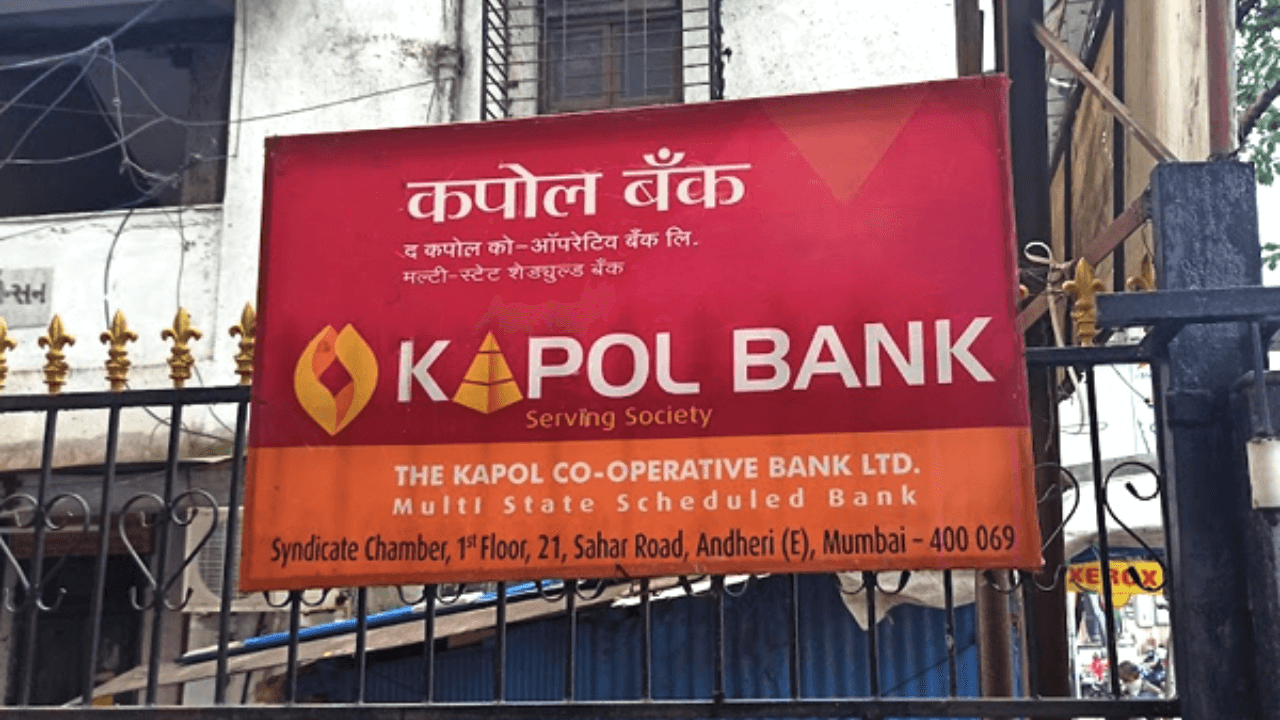RBI’s Decisive Move against Kapol Co-operative Bank
In a significant development, the Reserve Bank of India (RBI) has made the decisive move to cancel the license of The Kapol Co-operative Bank Limited, a Mumbai-based cooperative bank. The central bank’s decision stems from serious concerns regarding the bank’s insufficient capital and uncertain earnings prospects, which have cast doubt on its ability to fulfill its commitments to depositors.
RBI’s License Cancellation
The RBI, through an official statement, has officially announced the cancellation of The Kapol Co-operative Bank Limited’s license. This cancellation effectively bars the cooperative bank from carrying out fundamental banking activities, including deposit acceptance and repayment. The immediate consequence of this action leaves the bank incapacitated in performing its essential functions.
Winding Up and Liquidation Process
In addition to the license revocation, the RBI has urged the Additional Secretary & Central Registrar of Cooperative Societies, Ministry of Cooperation, to issue an order for the bank’s winding up. Furthermore, the appointment of a liquidator is imminent to oversee the bank’s liquidation process. This marks the commencement of the bank’s dissolution and the subsequent distribution of its assets.
Relief for Depositors
A significant area of concern in such situations is the impact on depositors. To address this, the RBI has assured that every depositor will be entitled to receive a deposit insurance claim amount equivalent to their deposits, up to a maximum limit of ₹5 lakh, from the Deposit Insurance and Credit Guarantee Corporation (DICGC). This assurance provides substantial relief to depositors who may have been apprehensive about the security of their hard-earned savings.
It is noteworthy that nearly 96.09 percent of depositors will receive the full amount of their deposits from DICGC, highlighting the government’s dedication to safeguarding the interests of the vast majority of depositors.
Bank’s Financial Predicament
The RBI’s decision to revoke the license was not taken lightly. The central bank primarily cited The Kapol Co-operative Bank Limited’s inadequate capital and uncertain earnings outlook as the driving factors behind its action. In its statement, the RBI expressed concerns that the bank’s current financial standing would impede its ability to fully reimburse depositors.
As of July 24, 2023, DICGC had already disbursed ₹230.16 crore of the total insured deposits, based on claims received from the bank’s concerned depositors. This underscores the urgency of the situation and the imperative need to protect the interests of depositors.
In Conclusion: Kapol Co-operative Bank
The RBI’s bold move to cancel The Kapol Co-operative Bank Limited’s license underscores the critical importance of sound financial management and regulatory compliance within the banking sector. While the immediate repercussions impact the bank and its depositors, it also sends a broader message about the RBI’s unwavering commitment to upholding the stability and integrity of India’s financial system.
- Indian Bank Recruitment 2025 Out for 1500 Apprentice Posts
- Indian Bank Apprentice Salary 2025, Pay Scale, Salary Structure
- Indian Bank Apprentice Syllabus & Exam Pattern 2025, Check Details
- Railway RPF Syllabus 2024, Check Exam Pattern, Topic And Syllabus
- SSC JE vs RRB JE, Which Is Better? Know Detailed Comparison

